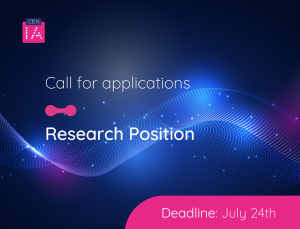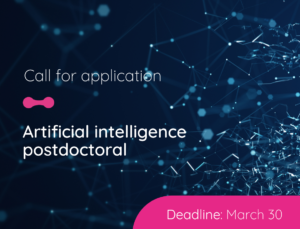
On Wednesday, October 5, took place at the Cumbres Lastarria Hotel, the workshop called “Artificial Intelligence in public sector: now and in the future,” an activity organized by the National Center for Artificial Intelligence, Hewlett Packard Enterprise (HPE), leader in technology aimed at business growth, AMD and Gobierno Digital, a division of the Presidency’s General Secretariat Ministry. Representatives of different ministries, deputy ministries, superintendencies, municipalities, health services and public utilities participated in the meeting.

The meeting was also attended by José Inostroza, head of Gobierno Digital, who referred to the importance of accelerating the technological change of the State by using artificial intelligence on a massive scale: “we must do it with ethics and with results focused on the experience of users -civil servants and citizens-. This cannot be achieved without data, without computing capacity and without a more capable and robust Gobierno Digital Division to support many public institutions. The challenge is the actual deployment of policies.”
Artificial Intelligence: multiple applications, multiple benefits
Currently, there is a variety of technologies that could help government agencies address urgent and challenging problems in priority sectors for the country, such as energy, mining, urban development, climate change, health and education. “Until a few years ago, real advances in artificial intelligence were only seen in academic environments. Today that is changing, as progress in recent years has given this technology enormous versatility, making it feasible today to be applied in practically any discipline or need,” explains Carlos Aspillaga, Cenia researcher.
The digital transformation of public administration represents a potential benefit, both for civil servants and the population, through the implementation of technologies based on artificial intelligence, such as the application of recommendation systems in museums and libraries or public procurement portals, or the use of computer vision for object detection applied to traffic management. “I have no doubt that artificial intelligence can become a key tool for improving the public sector. The challenge is to know how to use it to boost human talent and achieve a better result than the sum of the individual parts,” Aspillaga adds.
One of Cenia’s key objectives is to support the establishment in Chile of an innovation ecosystem based on the deployment of practical artificial intelligence technologies. In this sense, the alliance between Cenia and HPE seeks to enhance the capabilities of both entities in order to develop interesting projects that generate initiatives for real knowledge transfer.








